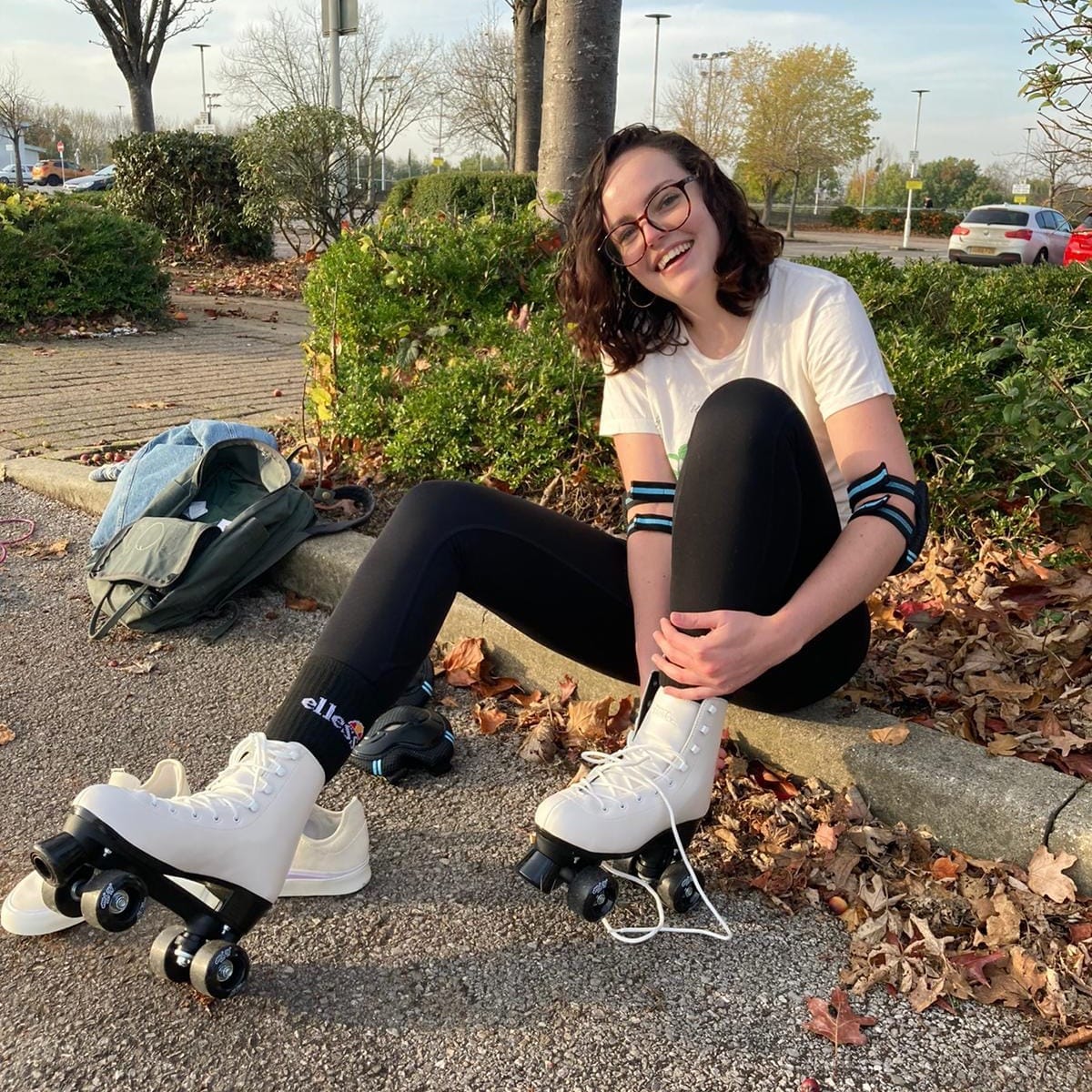The Importance of Being Playful
Why so serious?

I’ve been struggling with a wonky knee. You know how it is, you do all the things . . . all the therapy recommendations, all the mobility work. The rehab turns into a part-time job, one more thing on the to-do list. Nothing seems to help. You end up frustrated and tired of it all. I heard someone say, “Live for something more than your own aches and pains.” That’s hard when the pain is a constant reminder of the drudgery you imagine lies ahead.
I decided to step away from the seriousness of it all, and I started playing. Just for the heck of it, I picked up a hacky sack that had been lying on my living room floor. I had a blast flicking and kicking that thing around! My body and my mind felt rejuvenated after just a few minutes. So much so that each day I started looking for bits of time between responsibilities when I could mess around with that hacky sack. Before long, I realized my knee felt much better. It didn’t require a huge investment in time or necessary equipment. I didn't consider how I "should" do it or think of it as mandatory exercise. It was just me playing in my living room, and it provided me with the relief I'd been seeking all along.
When we're young, we're spontaneously playful. It's how we learn about our surroundings. As we grow toward adulthood, though, that playful nature falls to the wayside. It's inevitable to some extent because we acquire more commitments; we just don't have the same free time available anymore. We also convince ourselves it's irresponsible to play when there are so many obligations we need to fulfill.
“We’ve been conditioned to believe that the pursuit of fun—particularly our own fun—is frivolous, selfish, and self-indulgent, even immature and childish.” —Catherine Price, The Power of Fun, page 17
In addition, we have a tendency to value others' opinions more than our own well-being; we want to look as adult as possible, mold into how society expects adults should behave, do the things adults are "supposed" to do. As physician Gabor Maté says,
“We sacrifice our play for acceptance.”
Growing up, I wasn't aware when my playfulness started disappearing. But I regret that I allowed my playful mindset to dwindle. Lately I've been rediscovering the importance of play, especially now that I've felt its healing effects.
I'm not advocating sloth or a neglect of our daily responsibilities. But I do believe we can spare snippets of time throughout each day. Years of experience have shown me how quickly things like a brief phone check or internet search turn into several long minutes . . . minutes when I thought I was rewarding myself with a well-deserved break. Minutes after which I never ended up feeling refreshed.
There was one evening in particular when I realized I wasn't doing myself any favors. I'd just finished watching television—my usual evening "wind down," that thing that supposedly provides relaxation—and I thought, I feel completely exhausted from doing nothing! Meanwhile the list of things I'd actually enjoy doing keeps waiting, growing longer.
“We have forgotten what it feels like, to the point that we don’t even realize what we’re missing.” —Catherine Price, The Power of Fun, page 46
Maybe you don't think you can spare any time. If you're about to mindlessly distract yourself, choose some playful movement instead. It'll help reorganize your thoughts, expand your brain's capacity, and rejuvenate your body. Choose something you're not already good at and don't focus on being #1. Enjoy the play for play's sake; learn something new purely for the enjoyment of it. What's something you used to love doing when you were young? Mere minutes is all it takes for play to work its magic, to help you feel more rested and be more productive.
- Kick a hacky sack around.
- Twirl a Hula-Hoop.
- Practice your balance.
- Play with a jump rope.
- Learn to juggle.
- Climb on your kids' play set.
- Dance to some funky music.
Keep it simple. Be inquisitive. Find the fun. Look for the funny. You'll likely inspire some adults around you to join in. Play . . . it's not just for kids anymore.
If you enjoyed reading this, please sign up below to receive my weekly newsletter. Your support helps this site continue.